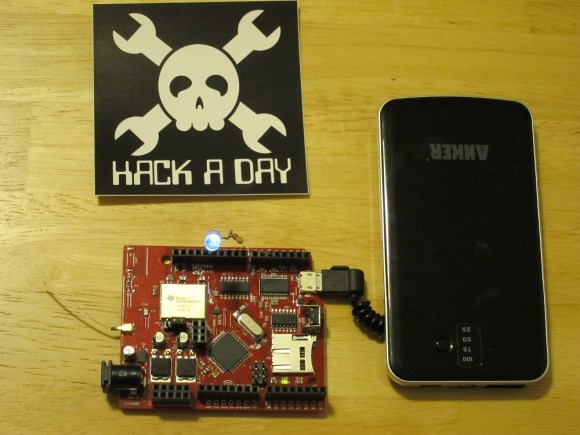Although kids these days tend to hang out on so-called “Social Media”, Internet Relay Chat (IRC) was first, by decades. IRC is a real-time communication technology that allows people to socialize online in both chat rooms and private chat sessions. In a recent video [The Serial Port] channel dedicates a video to IRC and why all of this makes it into such a great piece of technology, not to mention a great part of recent history. As a decentralized communication protocol, anyone can set up an IRC server and connect multiple servers into networks, with the source code for these servers readily available ever since its inception by a student, and IRC clients are correspondingly very easy to write.
Because of the straightforward protocol, IRC will happily work on even a Commodore 64, while also enabling all kinds of special services (‘bots’) to be implemented. Even better, the very personal nature of individual IRC networks and channels on them provides an environment where people can be anonymous and yet know each other, somewhat like hanging out at a local hackerspace or pub, depending on the channel. In these channels, people can share information, help each other with technical questions, or just goof off.
In this time of Discord, WhatsApp, and other Big Corp-regulated proprietary real-time communication services, it’s nice to pop back on IRC and to be reminded, as it’s put in the video, of a time when the Internet was a place to escape to, not escape from. Although IRC isn’t as popular as it was around 2000, it’s still alive and kicking. We think it will be around until the end days.














